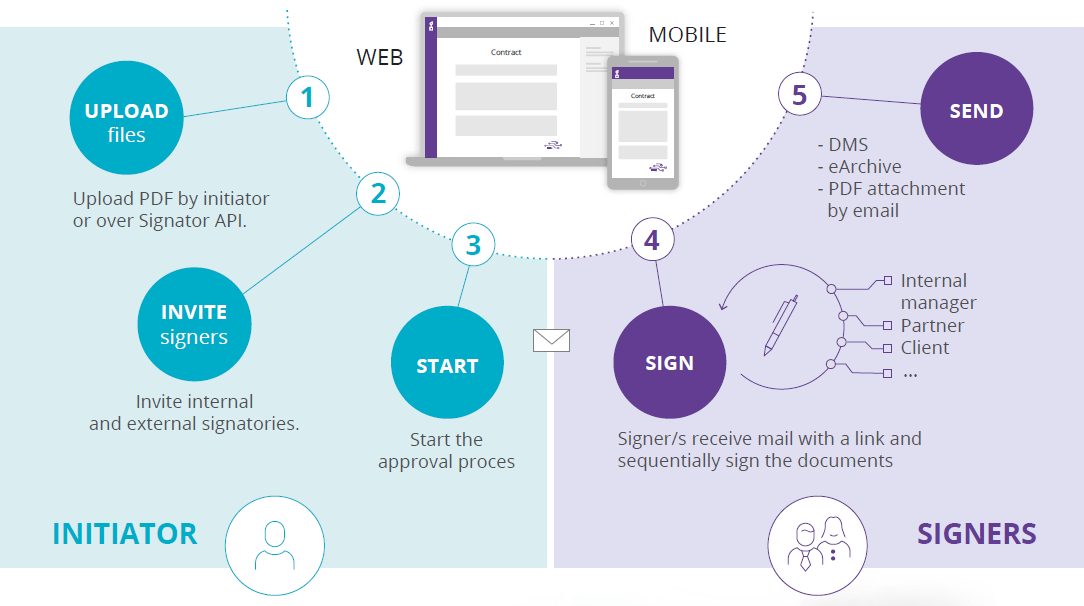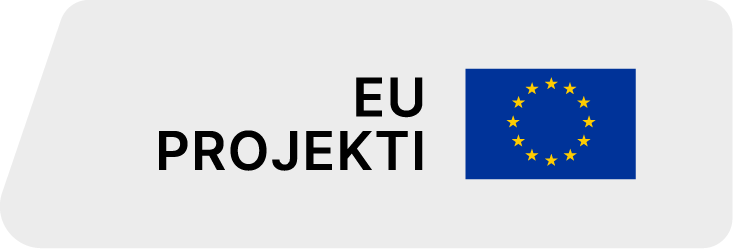Last year digital signatures became obligatory in e-governance, in Croatia.
Slowly, this type of signature is becoming common in everyday communication. As the world embraces the digital age, organizations have never been more focused on establishing a secure foundation for their transformation efforts. Whether it be safeguarding consumer transactions or enabling safe citizen journeys, government agencies and businesses alike need a way to seamlessly authenticate identities across an increasingly distributed landscape.
Now, there are all the regulatory conditions, both at the level of the European Union and Croatia, for the usage of digital signatures in all business scenarios. Also, that can replace the handwritten signature in the digitalization of business, from the e-Citizens system to the signing of various documents.
What’s the difference between an electronic and digital signature?
Simply put, an electronic signature is an umbrella term that describes the overall technology used to certify, authenticate, and sign a digital document. By contrast, a digital signature is a type of e-signature that provides higher trust.
Digital signatures are widely recognized as best practice for verifying electronic transactions because they rely on public key infrastructure (PKI). In simple terms, PKI is a credential system that issues cryptographic assets called digital certificates, which can only be obtained from a certificate authority (CA) such as Entrust. A digital certificate works like a passport; each one is unique to the signer, therefore acting as proof of identity.
The signature process leverages a special cryptographic asset, a document signing certificate. When someone electronically signs a legal document, the certificate embeds a copy of itself into the signature, alongside a timestamp of when it was signed.
How Do Digital Signatures Work?
A digital signature is the term used for marking or signing an electronic document, by a process meant to be analogous to paper signatures, but which makes use of a technology known as public-key cryptography. Additional security properties are required of signatures in the electronic world.
This is because the probability of disputes rises dramatically for electronic transactions without face-to-face meetings, and in the presence of potentially undetectable modifications to electronic documents. Digital signatures address both of these concerns, and offer far more inherent security than paper signatures. Compared to all other forms of signatures, digital signatures are by far the most easily verified and the most reliable with respect to providing document integrity.
How is a Digital Signature Created?
- capturing the entire context of the electronic transaction or document, and precisely what the signer is committing to;
- ensuring that the data displayed to the user accurately reflects the data to be digitally signed;
- requiring the user to signal an understanding of the commitment being made, and a desire to be bound to this;
- authenticating the user so that the user's private key becomes available to the signing device;
- computing the signature based on the signer's private key and the data being signed;
- a timestamp server optionally appending a time-date field to the data and signer's signature and then signing; and
- forwarding the signed transaction for processing, storage, or subsequent verification.
Signator – a solution for a 100% digital office
In cooperation with our partner Vizibit, we offer a secure solution for digital signature – Signator.
Signator is a platform for central approval and digital signing, and it is expandable with support for viewing and signing documents via a mobile device (Signator-MOBILE).
It can be used for all documents that need legal validity such as electronic invoices, contracts, agreements, HR documents, purchase orders, travel invoices, and more.
By implementing the Signator, you will simplify and significantly improve your business.




